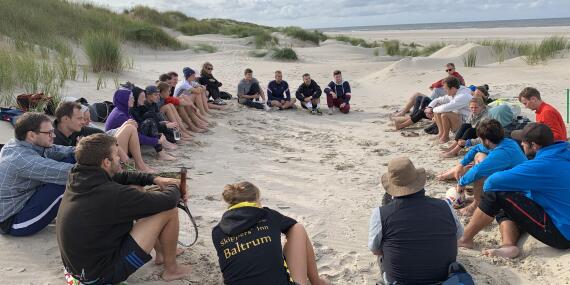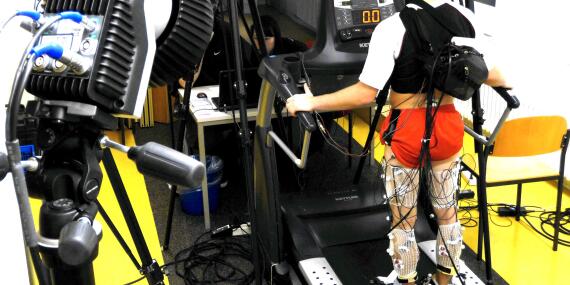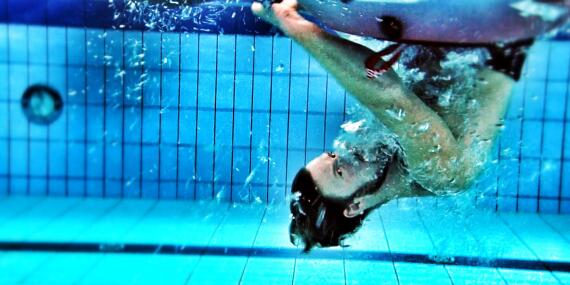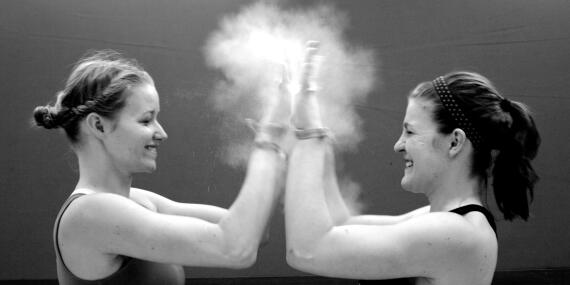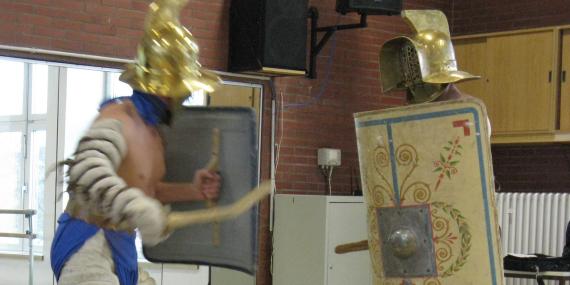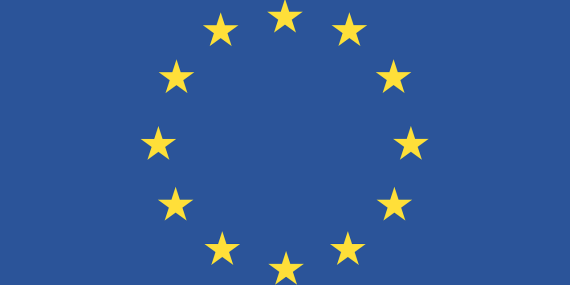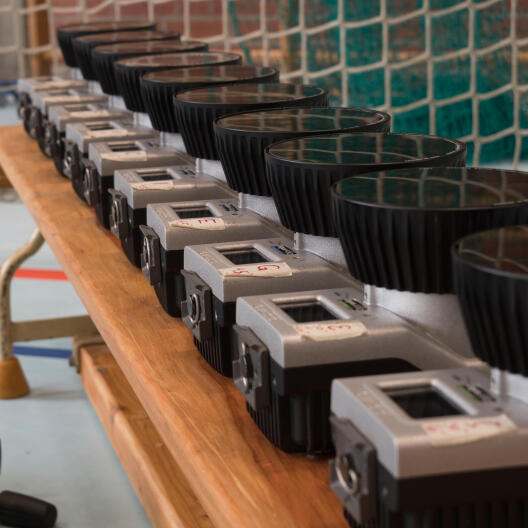
Departments
The Institute of Sport and Exercise Sciences consists of six departments: Education and Teaching in sports, Movement Science, Neuromotor & Training, Social Sciences, Education and Culture, and Sport and Exercise Psychology, which teach and research in sports science from different perspectives.


